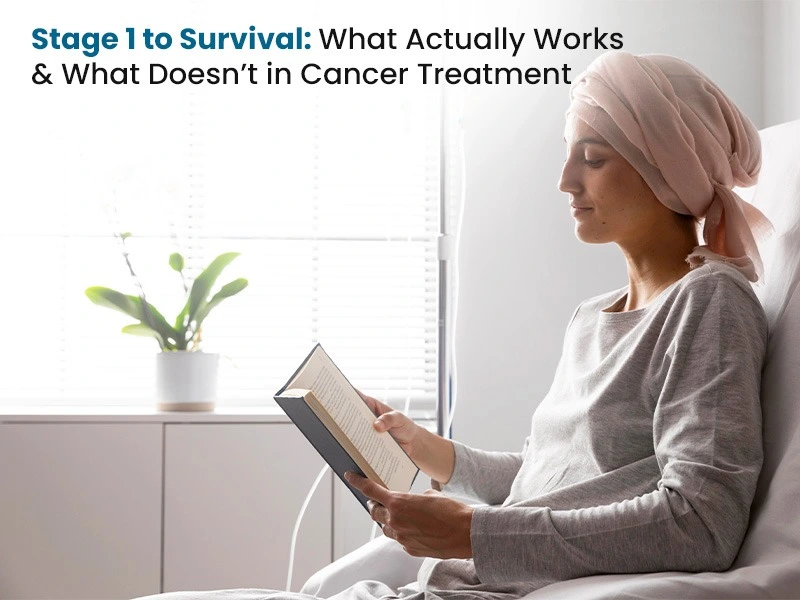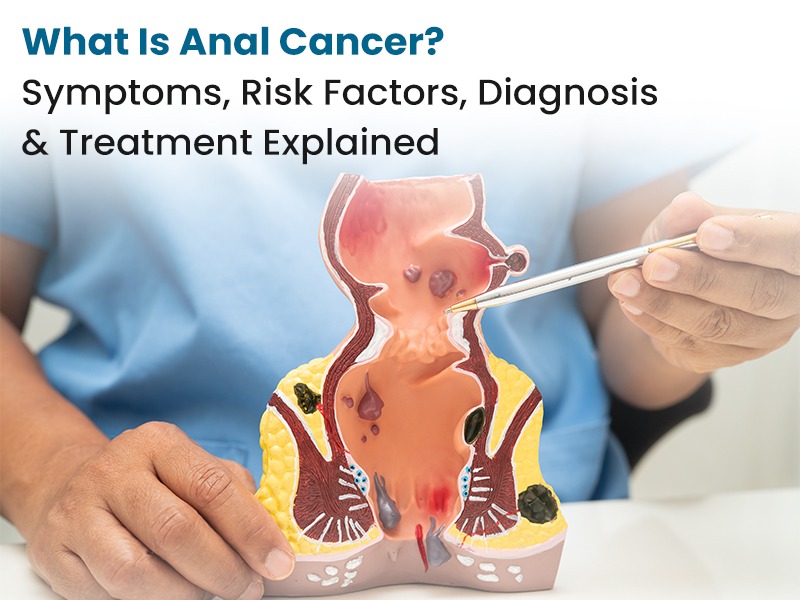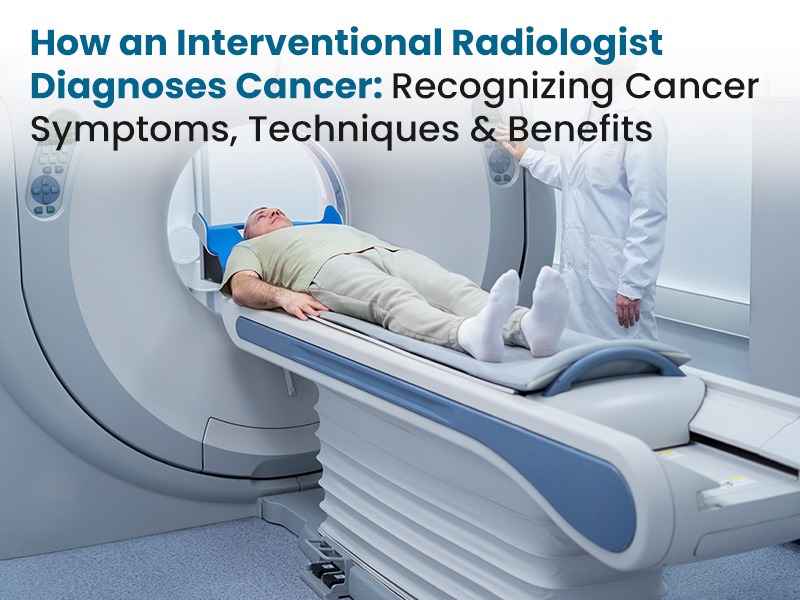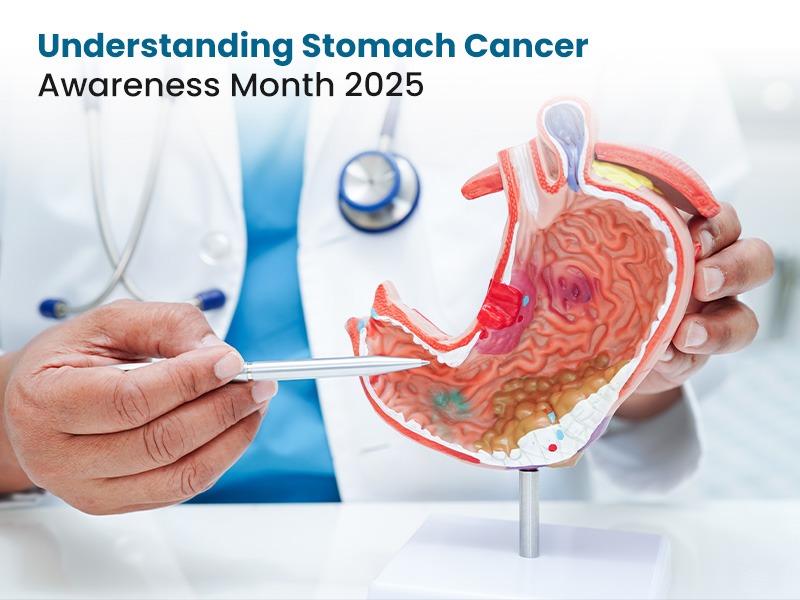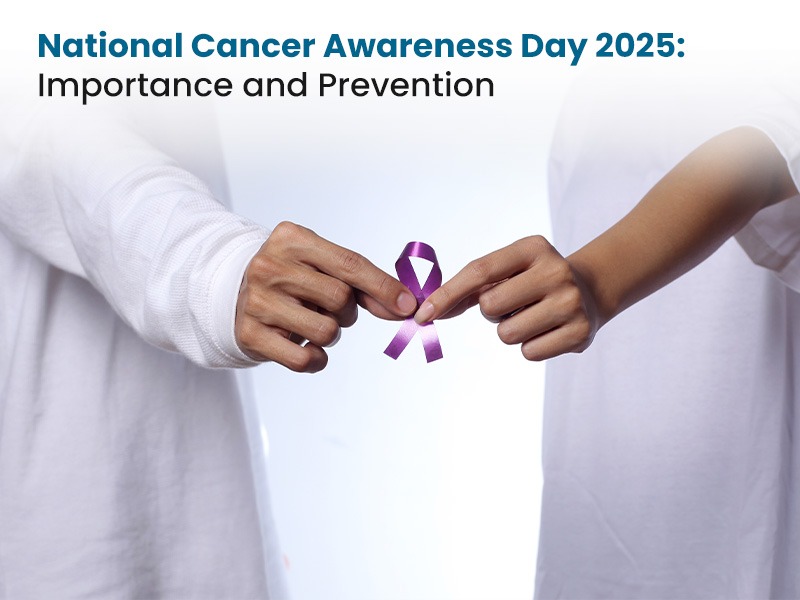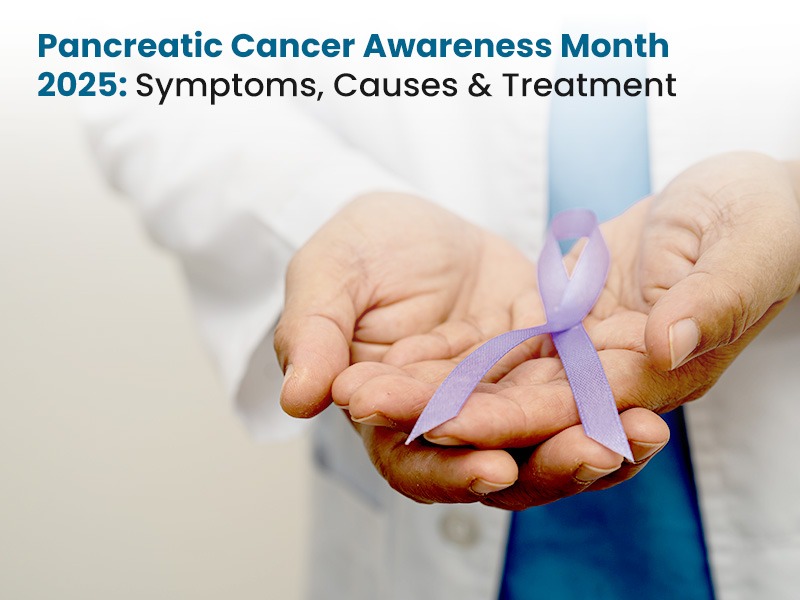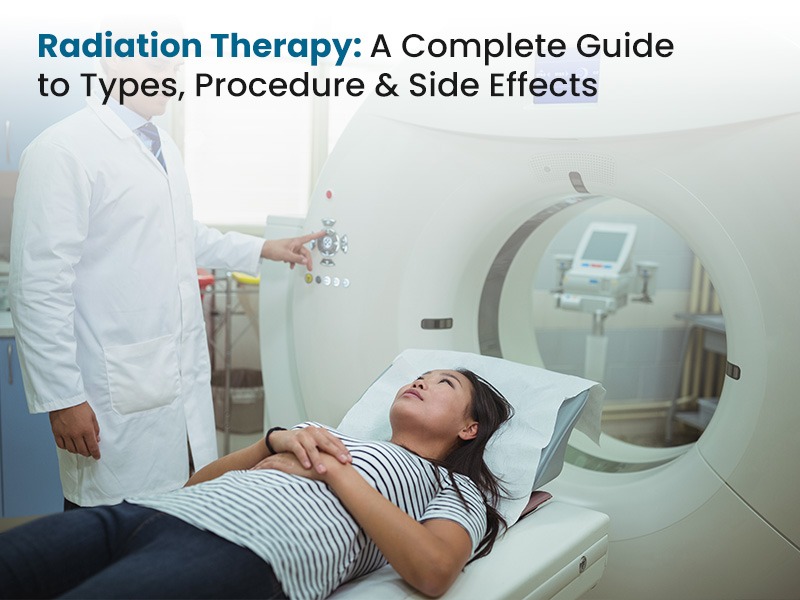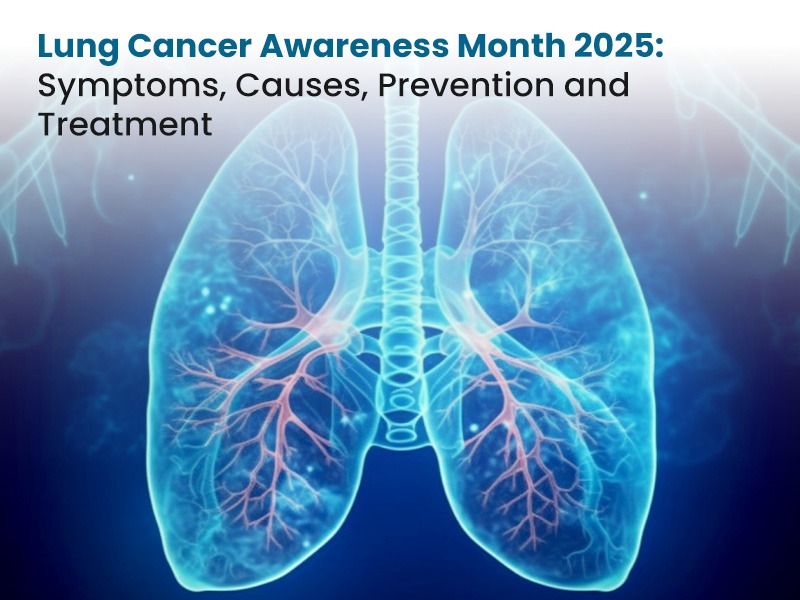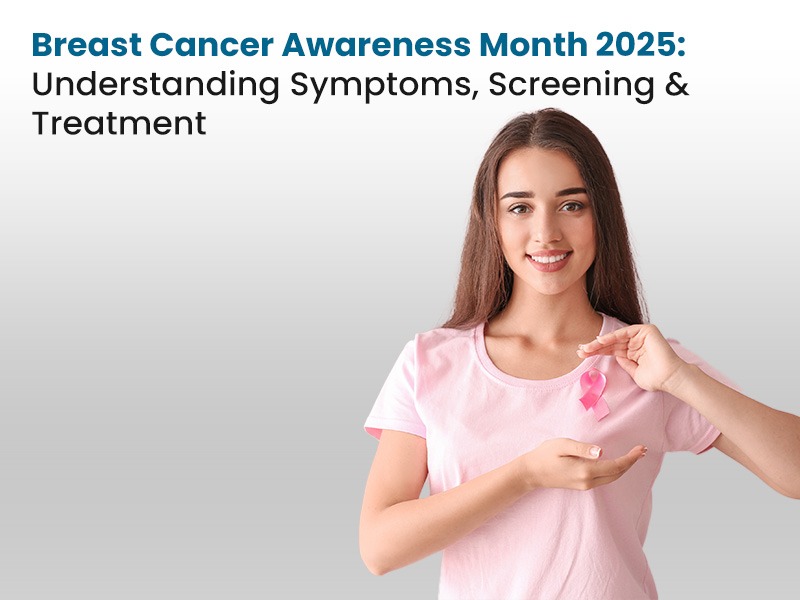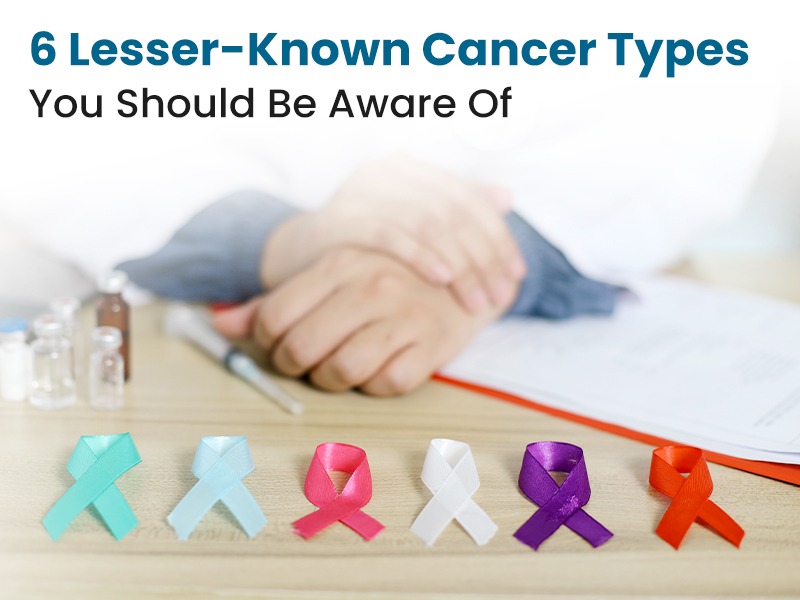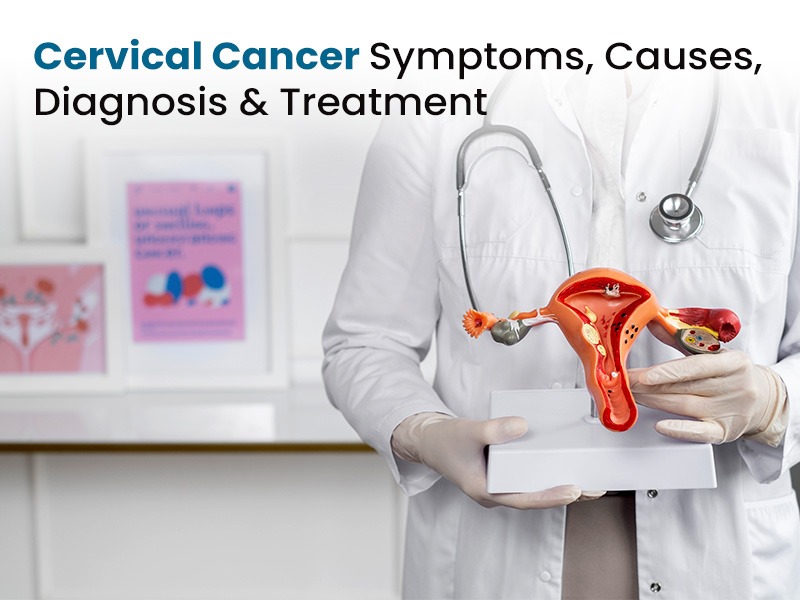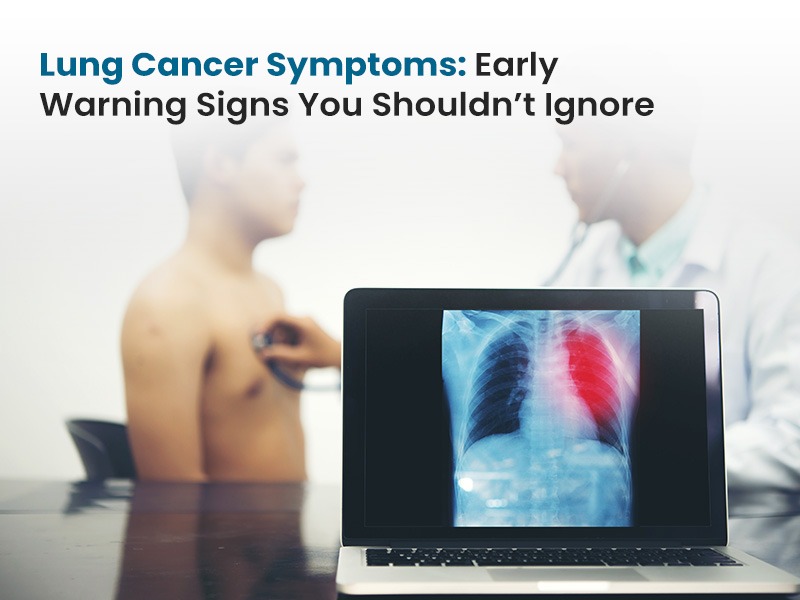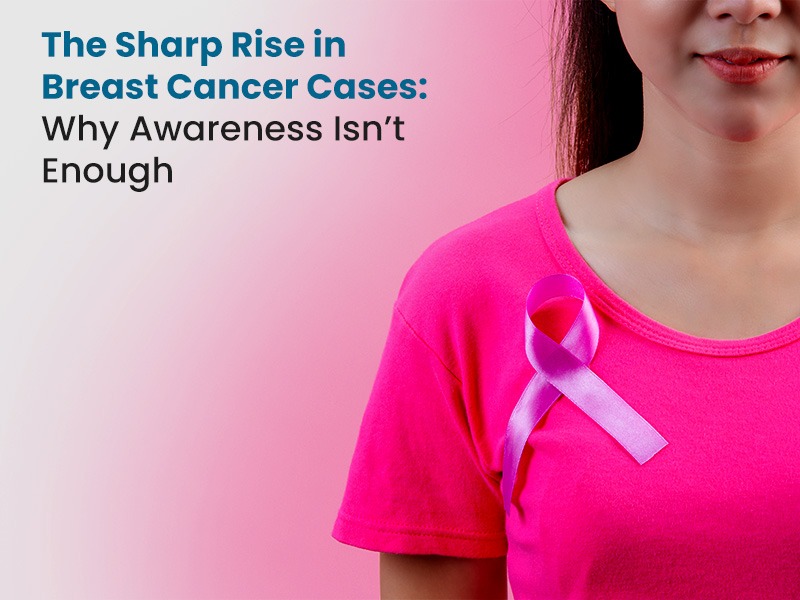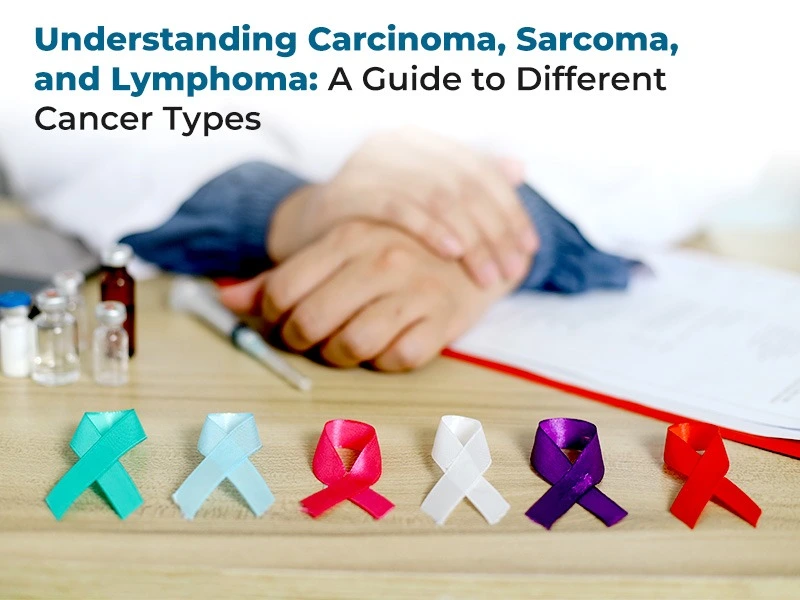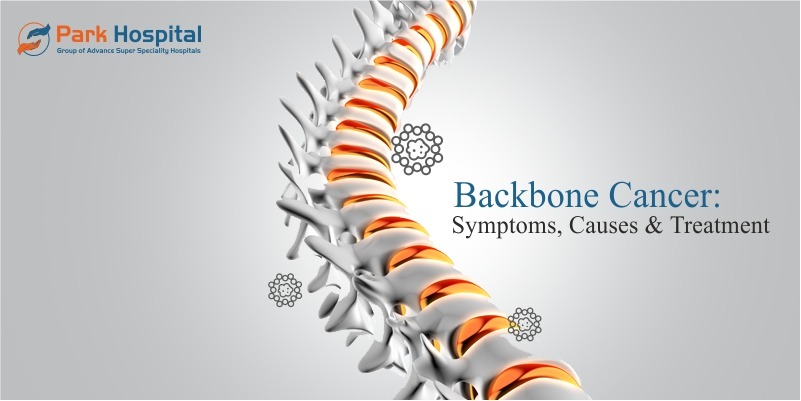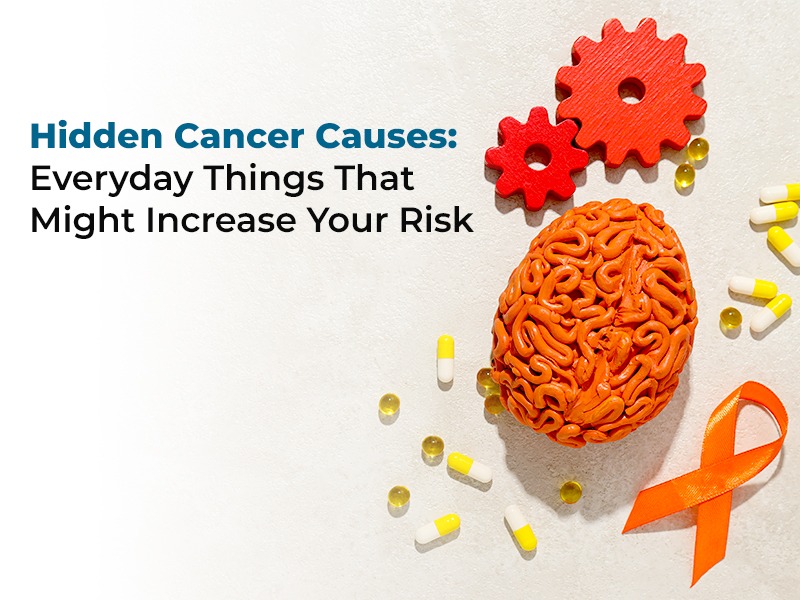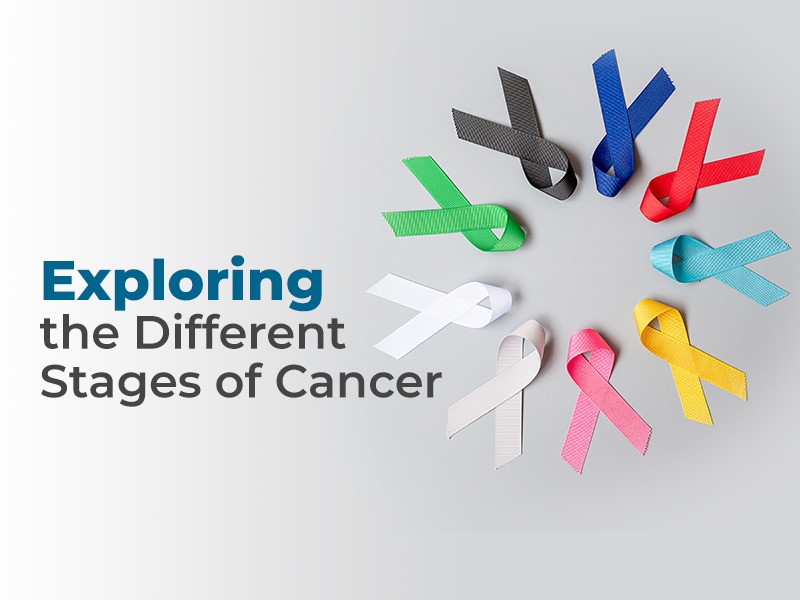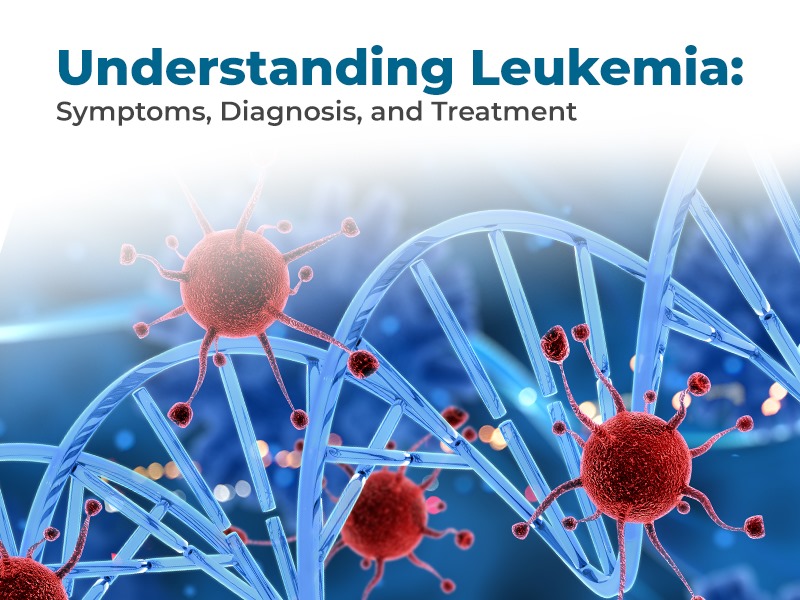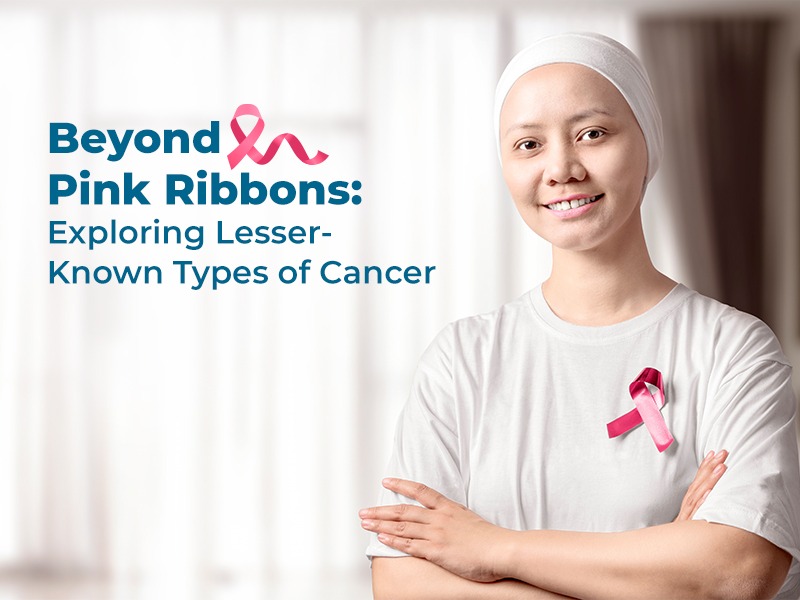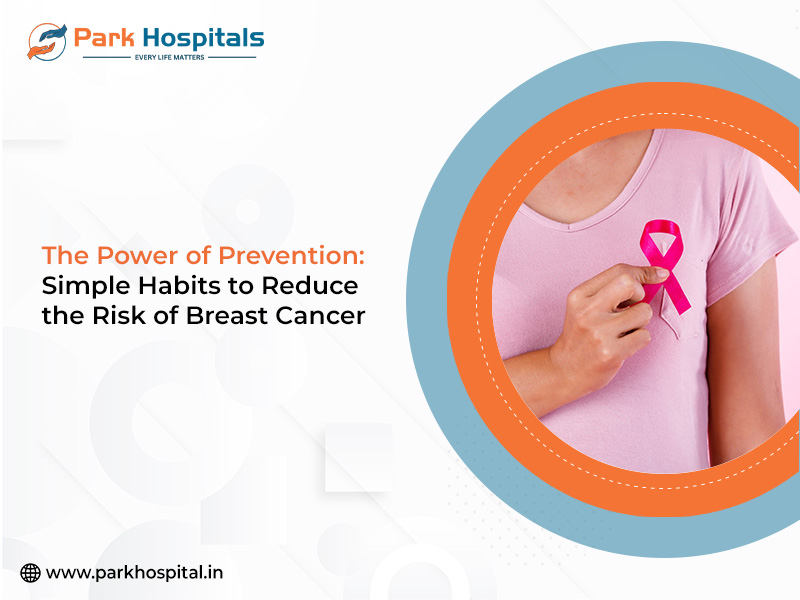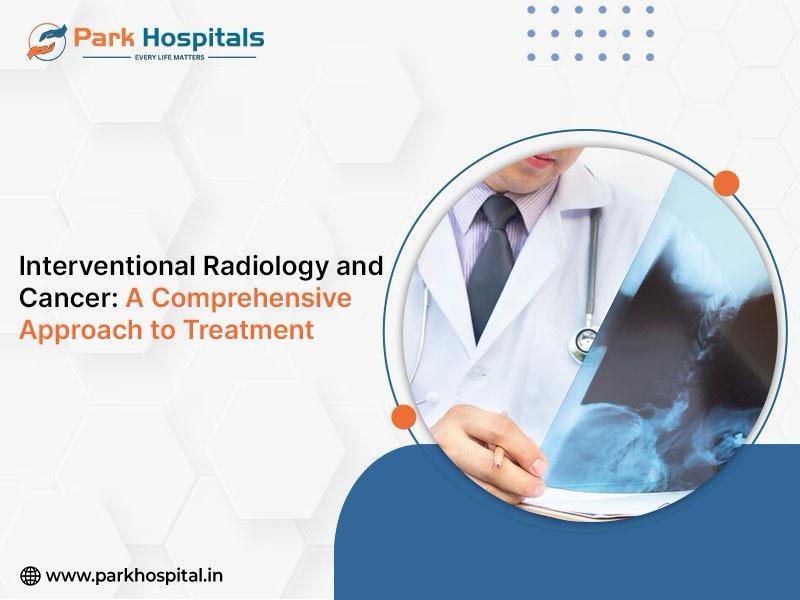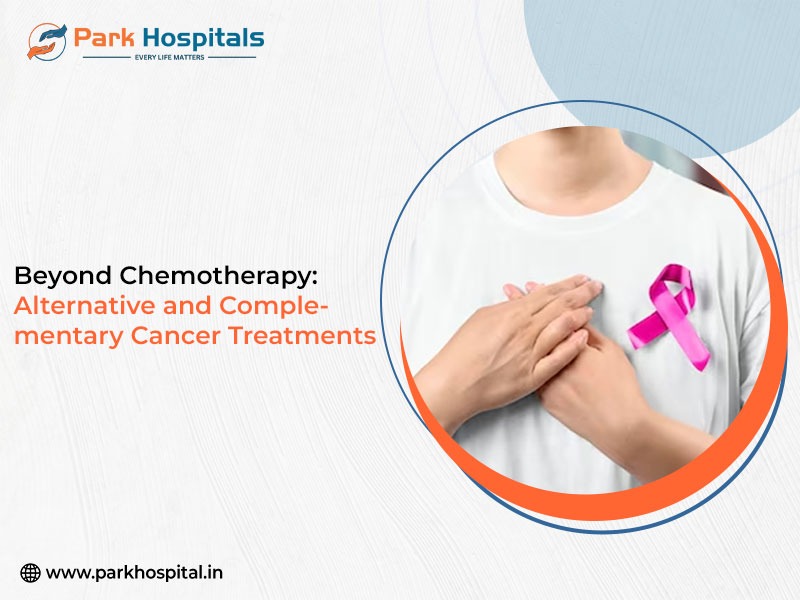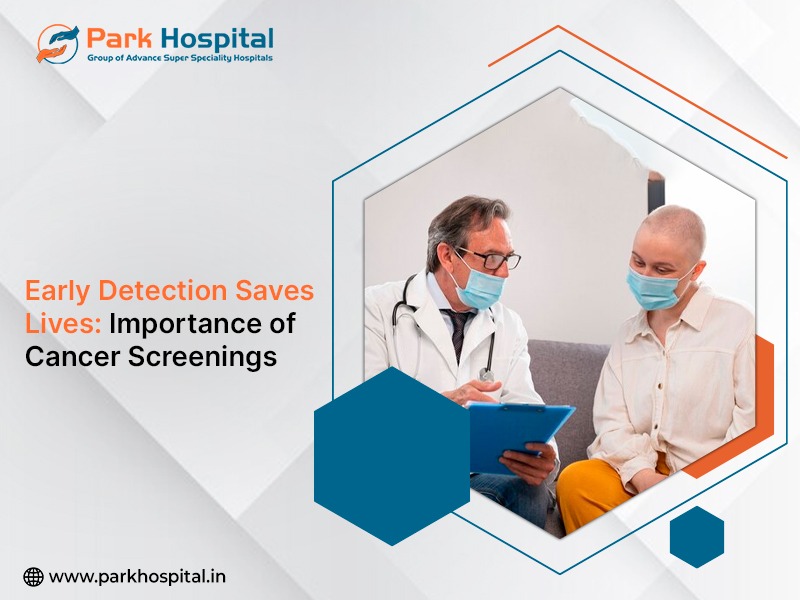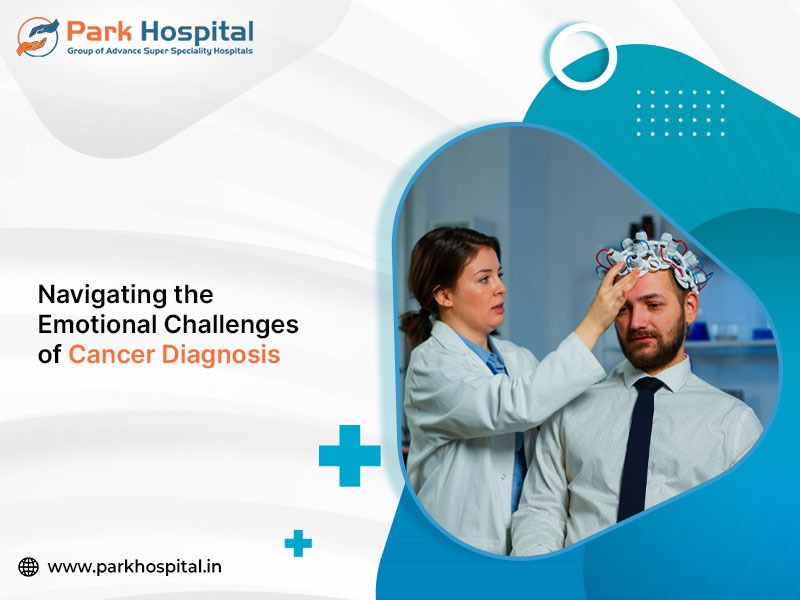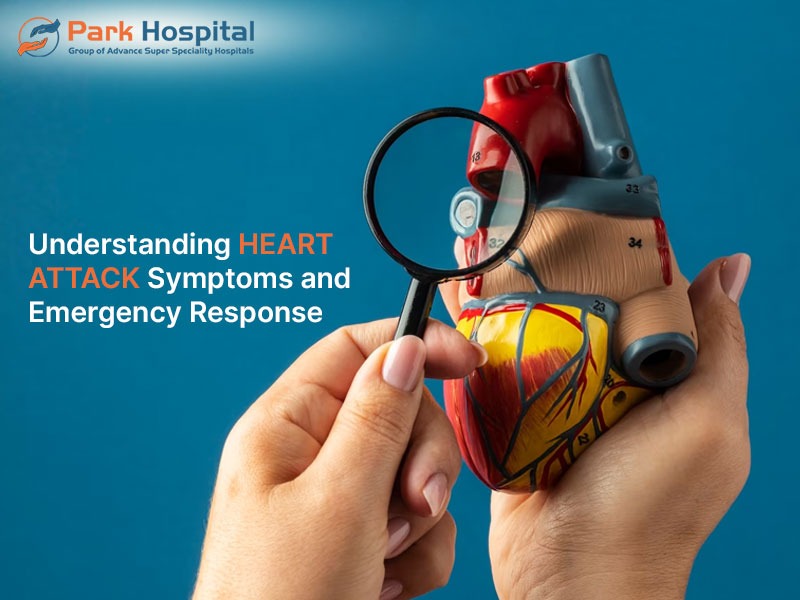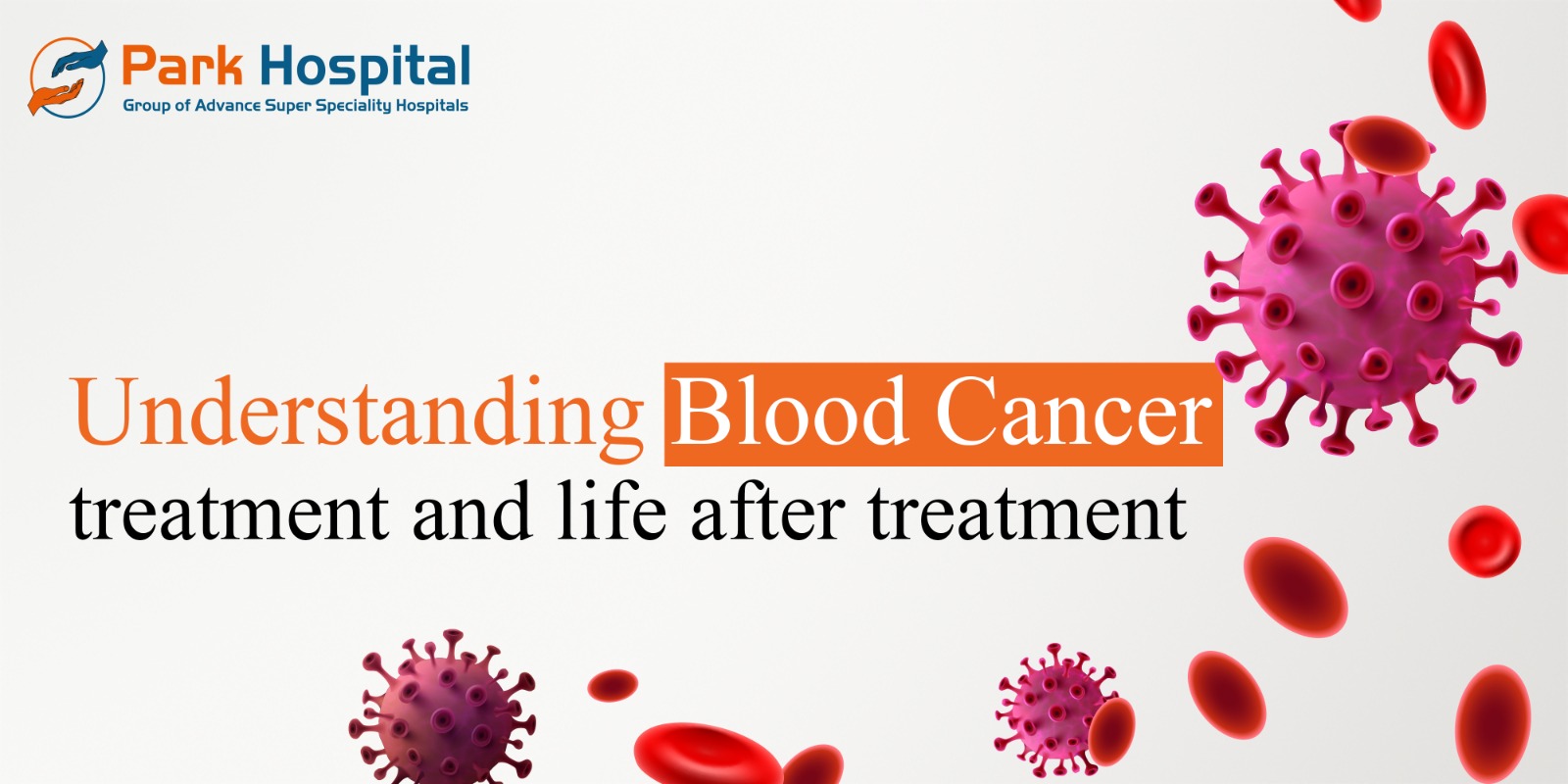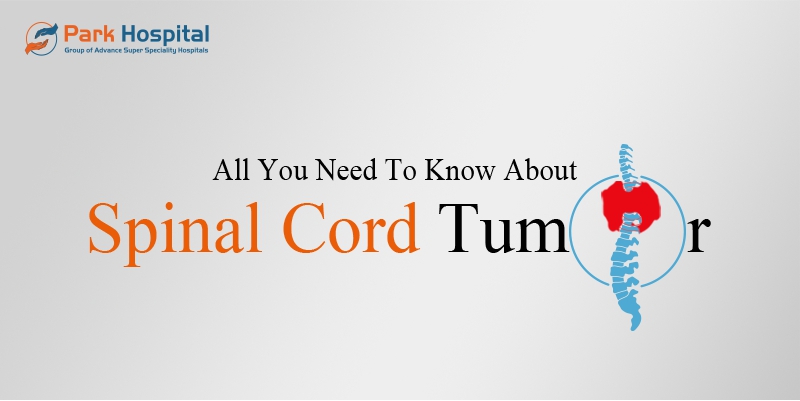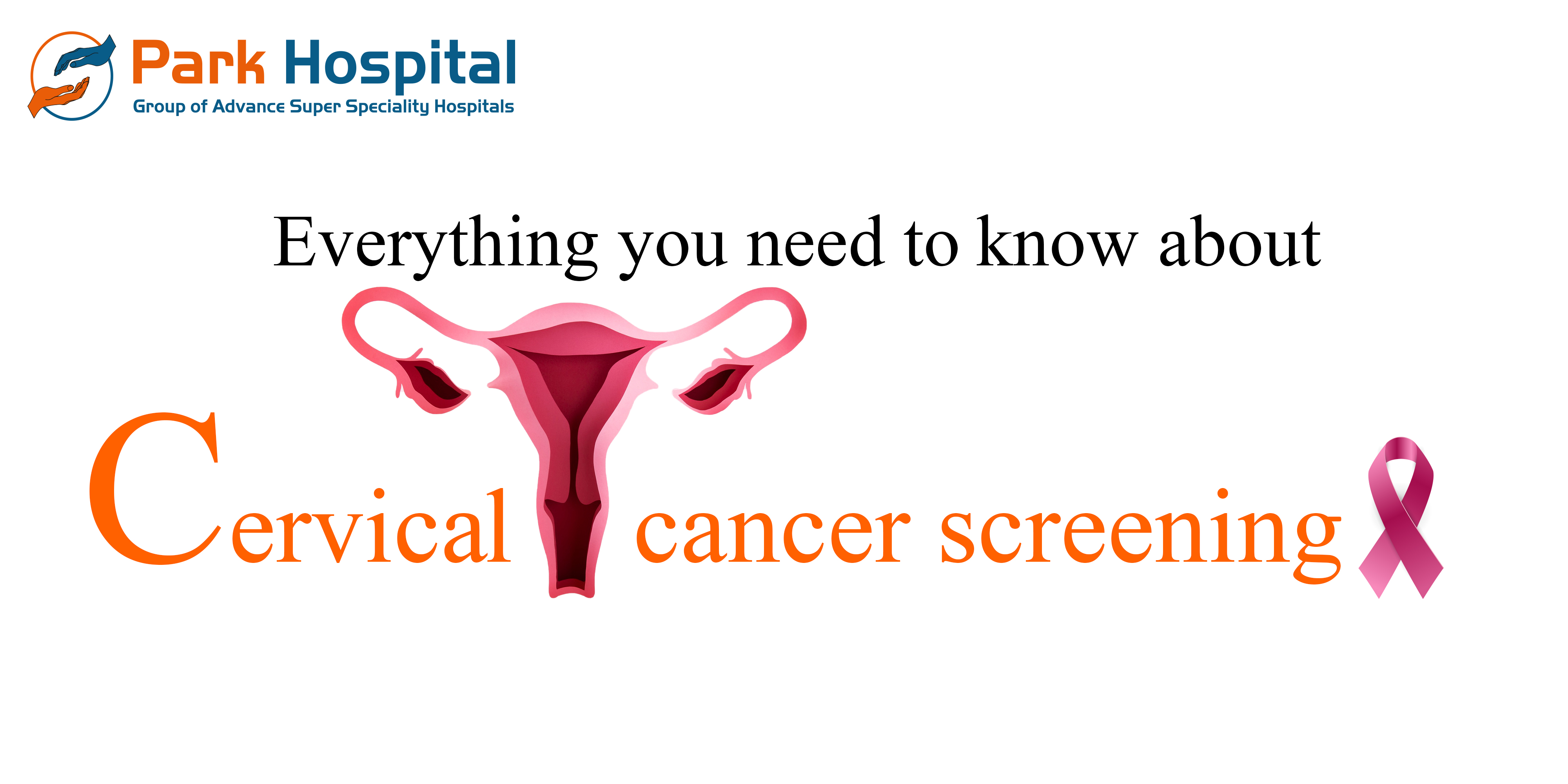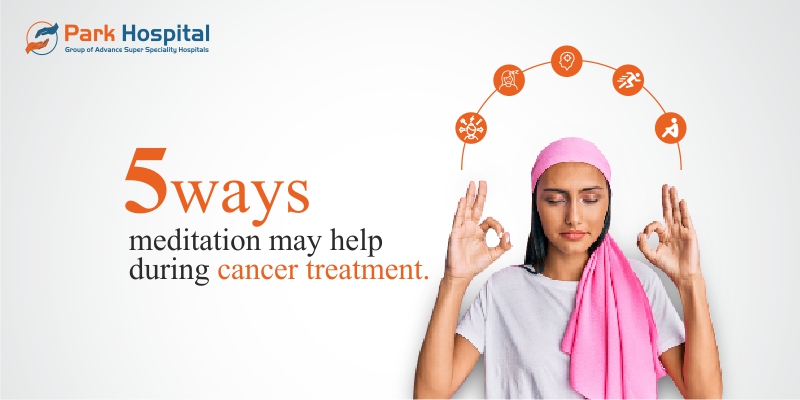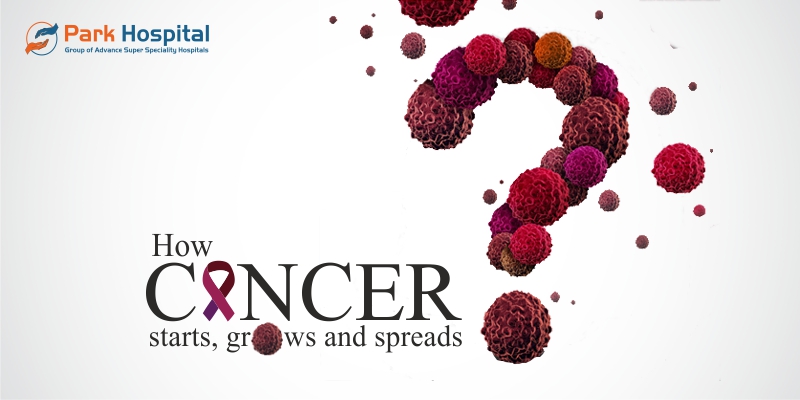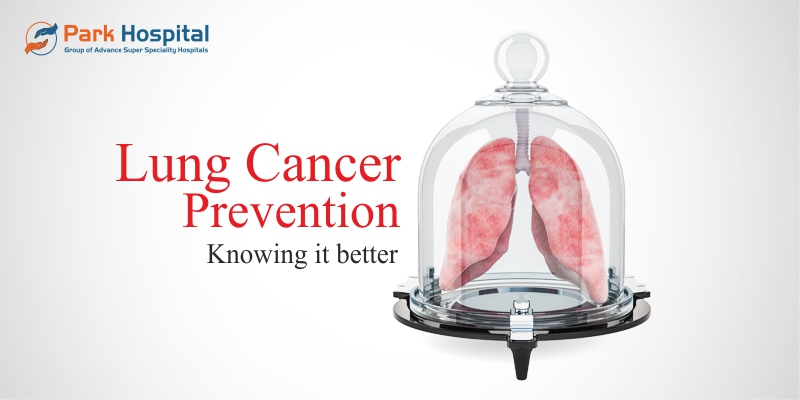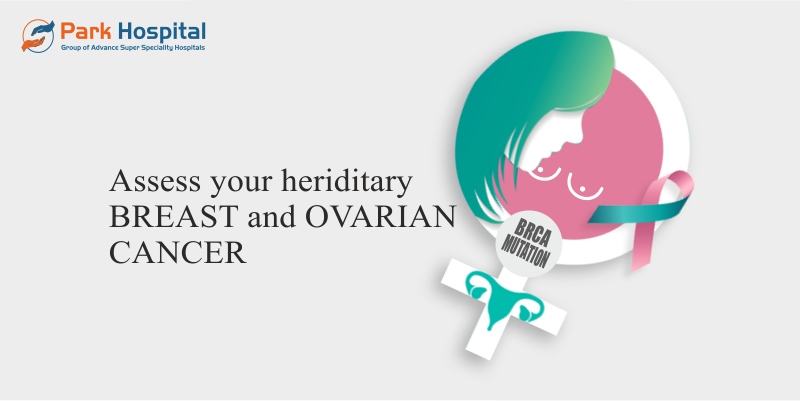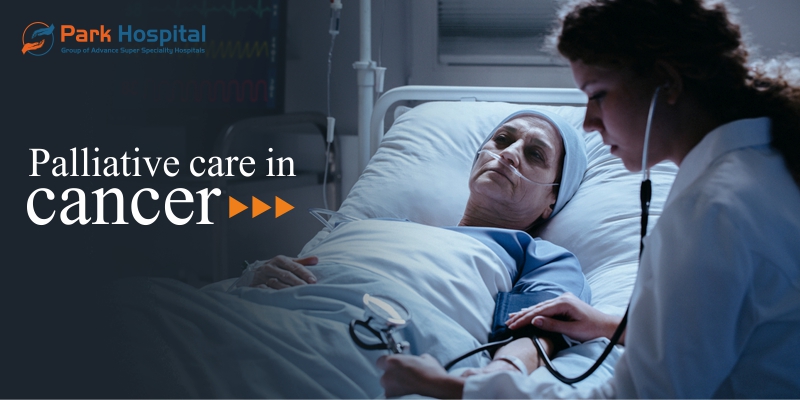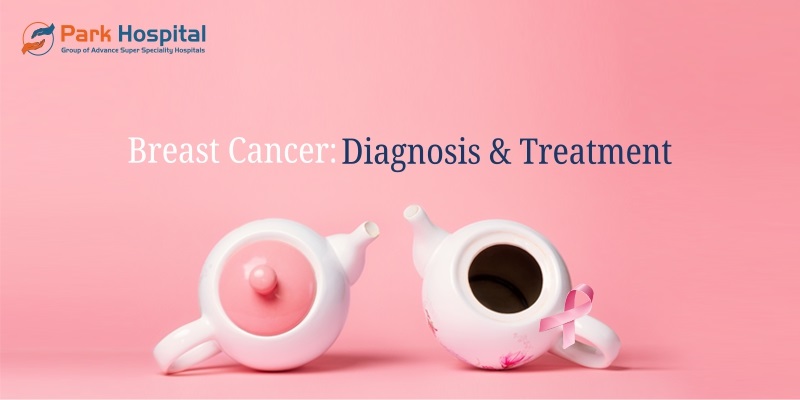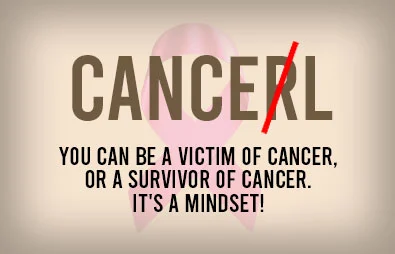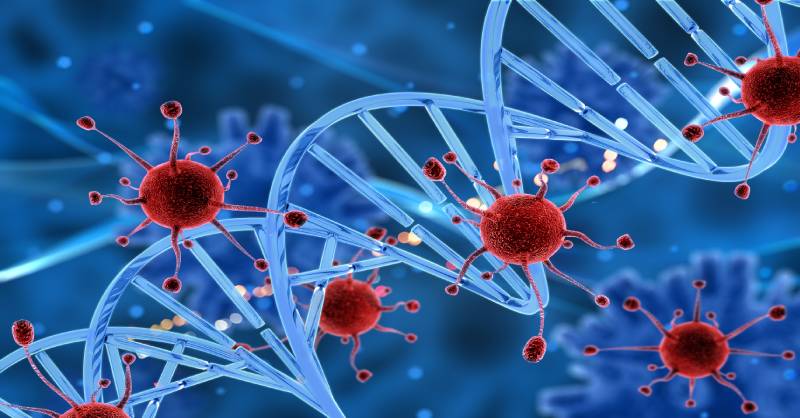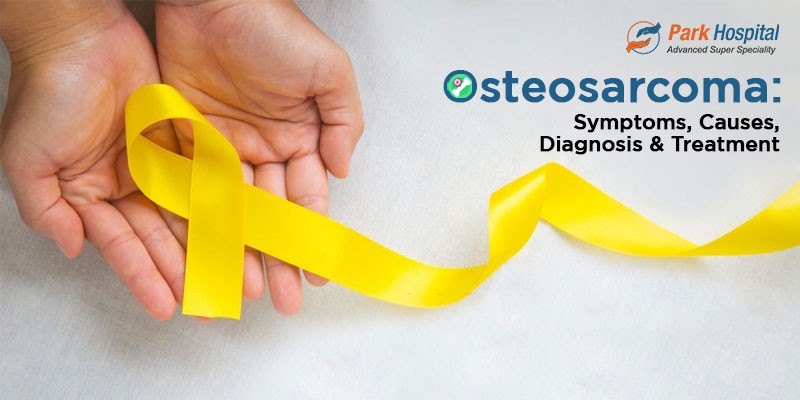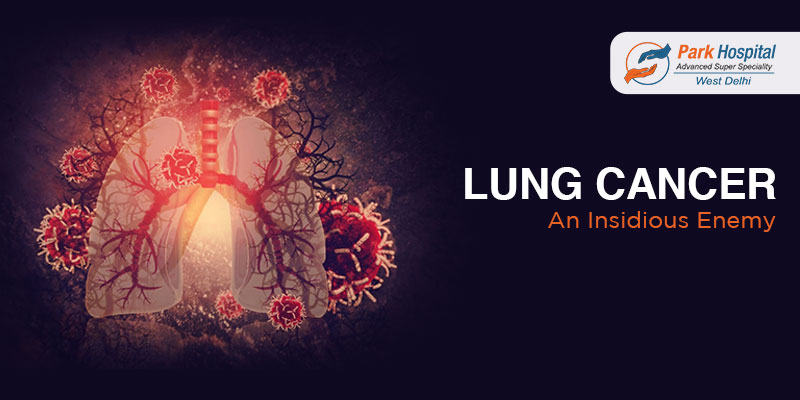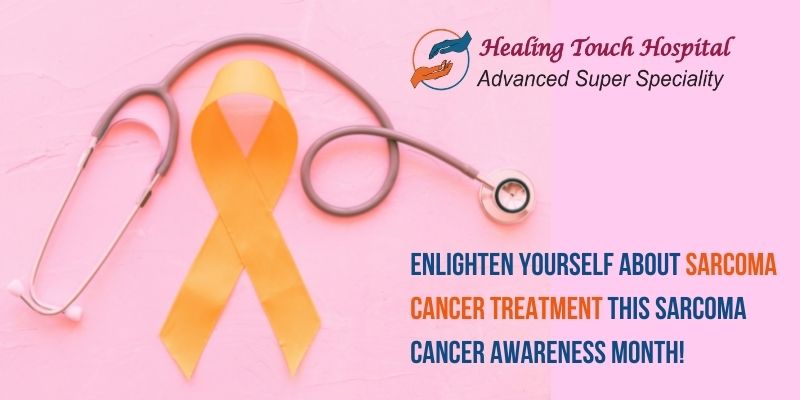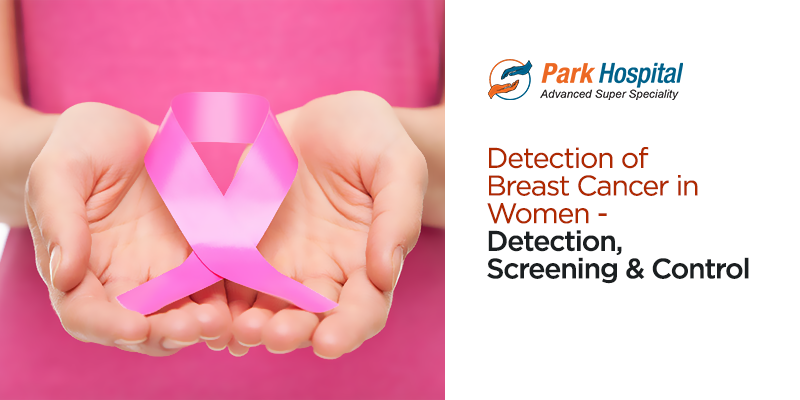Cancer is one of the leading causes of death globally. There are more than 200 types of cancer, with their own characteristics, behaviours, and treatment approaches. Some cancers grow slowly and remain localised, while others spread rapidly to different parts of the body.
Irrespective of the body area affected, there is a common answer to your doubts about what can work in a specific stage and what might not at a cancer hospital.
The journey from Stage 1 to survival involves navigating a range of treatment options. So, what really works, and what doesn't?
Early Detection
The greatest advantage when it comes to cancer treatment is the timely detection. In Stage 1 cancers, the disease is usually localised and has not spread to lymph nodes or distant parts of the body. The five-year survival rates for Stage 1 cancers, like breast, prostate, skin (melanoma), and thyroid, are significantly higher compared to later stages.
What works:
● Routine screening (such as mammograms, colonoscopies, and Pap tests) can catch cancer early.
● Paying attention to unusual symptoms and seeking medical advice promptly helps in faster diagnosis.
What doesn't work:
● Ignoring symptoms like persistent lumps, unexplained bleeding, or sudden weight loss can allow cancer to progress.
Surgery
For many cancers at Stage 1, surgery is the most effective treatment. The goal is to remove the tumour entirely at a cancer treatment hospital.
What works:
● Surgical removal of the tumour with clear margins (no cancer cells at the edges) is the primary treatment for many Stage 1 cancers, and it can often lead to a complete cure.
● Minimally invasive techniques such as laparoscopy and robotic surgery, the key ones at Park Hospital, reduce recovery time and minimise complications.
What doesn't work:
● Avoiding surgery due to fear or misinformation. Delaying or refusing surgery can allow cancer to grow and spread, significantly decreasing the chances of survival.
● Relying solely on alternative treatments instead of surgery. No natural remedy can remove a cancerous tumour.
Radiotherapy
Surgery is used to remove the cancerous cells from the body. But, certain cells may remain behind. Radiotherapy is used to target any remaining cancer cells and reduce the risk of the cancer returning.
What works:
● Adjuvant radiotherapy (given after surgery) has been proven to significantly reduce the risk of recurrence in cancers such as breast, prostate, and head and neck cancers.
● Advanced radiotherapy techniques like intensity-modulated radiotherapy (IMRT) allow for precise treatment that targets cancer cells while minimising damage to surrounding healthy tissue.
What doesn't work:
● Avoiding radiotherapy due to fear of side effects. Modern treatments under the supervision of experts like the best cancer specialist in Jaipur, are highly focused and less invasive than in the past.
● Overusing radiotherapy in cases where surgery alone would suffice. Not all Stage 1 cancers require additional radiotherapy.
Chemotherapy: Not Always Necessary at Stage 1
Chemotherapy is the option usually for the later stage as it is for when cancer has been spread out of the targeted area. But, at times, it may be required in Stage 1 as well.
What works:
● Hormone therapy is highly effective for cancers like breast and prostate cancer, particularly when the tumour cells are hormone receptor-positive. It works by blocking the hormones that cancer cells need to grow.
● Targeted therapy at a Cancer hospital uses drugs that specifically target cancer cell pathways. This is useful in cancers with specific genetic markers, such as HER2-positive breast cancer.
What doesn't work:
● Using these therapies without testing. Hormone therapy and targeted treatments are not universal and should be used only when tests show that they'll be effective for the specific type of cancer.
● Stopping treatment prematurely due to side effects or a lack of immediate results. For many patients, sticking with the full course is crucial for improving long-term survival.
Immunotherapy: A Growing but Still Limited Option
Immunotherapy works by boosting the body's immune system to fight cancer cells. It has had tremendous success in treating advanced cancers but is not yet a standard option for Stage 1 cancers.
What works:
● Immunotherapy in clinical trials shows promise, especially for cancers that have not responded to other treatments.
● Emerging evidence suggests that immunotherapy could play a role in reducing the risk of recurrence in some Stage 1 cancers, although it's still being studied.
What doesn't work:
● Relying on immunotherapy as a standard first-line treatment for Stage 1 cancers. It is not currently recommended unless the cancer has specific characteristics that suggest it could benefit from immunotherapy.
● Choosing immunotherapy over established treatments like surgery and radiotherapy when the latter is still the most effective at Stage 1.
Lifestyle Modifications: Supportive, Not Curative
While lifestyle changes alone will not cure cancer, maintaining a healthy lifestyle can support recovery and reduce the risk of recurrence.
What works:
● Eating a balanced diet rich in nutrients, avoiding processed foods, and maintaining a healthy weight helps the body recover and stay strong during treatment.
● Regular physical activity enhances overall well-being and can boost the immune system, improving treatment outcomes.
● Avoid alcohol and tobacco, which can interfere with treatment and contribute to recurrence.
What doesn't work:
● Relying solely on "miracle" diets or supplements. There is no scientific evidence supporting the idea that certain foods or supplements can cure cancer on their own.
● Over-stressing yourself about lifestyle changes. While these can aid recovery, they should not be the primary focus over prescribed medical treatments.
Emotional Well-being: The Often Overlooked Factor
The emotional toll of a cancer diagnosis cannot be underestimated. Cancer treatment can be physically draining, but the mental and emotional aspects are just as important for survival.
What works:
● Seeking psychological support, whether through counselling, support groups, or mindfulness practices, can significantly improve outcomes.
● Open communication with loved ones and healthcare providers ensures that emotional needs are addressed alongside physical treatment.
What doesn't work:
● Suppressing emotions or isolating oneself. Mental health is an integral part of recovery and survival.
● Relying on "positive thinking" alone, without addressing fears and anxieties, may not be effective in managing the emotional challenges of cancer treatment.
A Balanced Approach to Survival
The journey from Stage 1 diagnosis to survival is one that requires a combination of the right medical treatments and emotional support. While many treatments are effective in improving survival rates at Park Hospital, it's crucial to follow the medical advice that is specific to your type of cancer. Surgery, radiotherapy, and sometimes chemotherapy are foundational for Stage 1 treatment, but lifestyle changes, emotional well-being, and emerging therapies also play important roles.
By focusing on evidence-based treatments and managing overall well-being, the chances of surviving Stage 1 cancer can be dramatically improved. Always consult healthcare providers for guidance on the best course of action tailored to your unique situation.
Also Read About:
Kidney Stones in Women: Causes, Symptoms, and Prevention
Common Signs of Heart Blockage and When to Seek Medical Help

